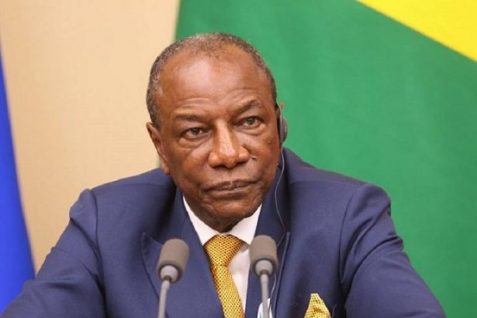The police officer who killed the African-American George Floyd and set the United States on fire in 2020 is trying from Wednesday to have his murder conviction overturned during an essentially symbolic appeal trial.
Derek Chauvin, 46, was convicted of murder by a northern Minnesota state court following a high-profile trial in 2021 and sentenced to 22.5 years in prison.
He believes that his rights to a fair trial have been violated, particularly given the “publicity” around the case and the “threats of violence” which should have caused a change of scenery from the hearings, and calls for the cancellation of the verdict.
Whatever the outcome of this appeal, Derek Chauvin will remain in prison because he pleaded guilty to “civil rights violations” of George Floyd before a federal judge and received a final sentence of 21 years in prison in 2022.
On May 25, 2020, this Minneapolis police officer, in office for 19 years, had remained kneeling on the neck of the black forties for nearly ten minutes, indifferent to his groans and the interventions of panicked passers-by.
The scene, filmed and posted online, sparked huge protests against racism and police brutality across the United States and beyond
During the trial in the local court, his lawyer pleaded that George Floyd died of an overdose, combined with health problems, and assured that Derek Chauvin had made justified use of force.
Today, the former police officer seeks to invalidate this trial, especially because it was held in the twin cities of Minneapolis-Saint-Paul, which were still on edge less than a year after the tragedy.
In their request, his lawyers recall “the threats” made against the jurors, the fear of a new conflagration of the two cities in the event of an acquittal, and the daily local media coverage that “idealized George Floyd and demonized Derek Chauvin”.
Lawyers for the former policeman criticize the court for having refused to organize the hearings in a rural area of the state or failing that for not having housed the jurors away. According to them, this would have prevented them from discovering, in the middle of a trial, that the city of Minneapolis had decided to compensate, up to 27 million dollars, those close to George Floyd.
They also mention the lies of a juror who had concealed having participated in the demonstrations which followed the death of George Floyd and accuse the prosecutors of having presented “cumulative” testimony, from seven police officers and experts on the use of force.
Prosecutors counter, in a separate argument, that the trial was “one of the most accurate and transparent” in history, that jury selection lasted two weeks and that the verdict must be confirmed.
Three other police officers, who had remained passive during the agony of George Floyd, received sentences ranging from two and a half to three and a half years in prison.






















